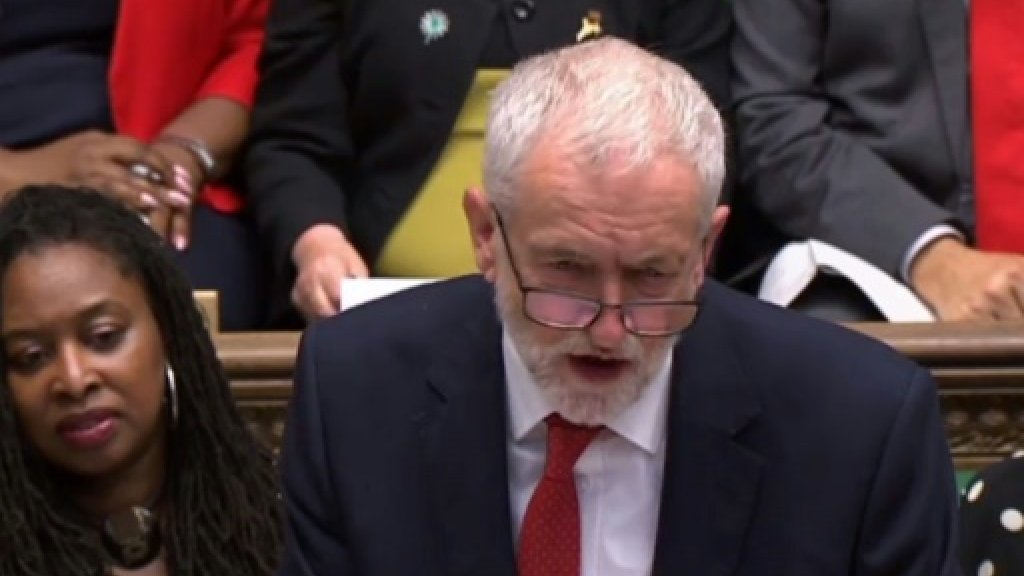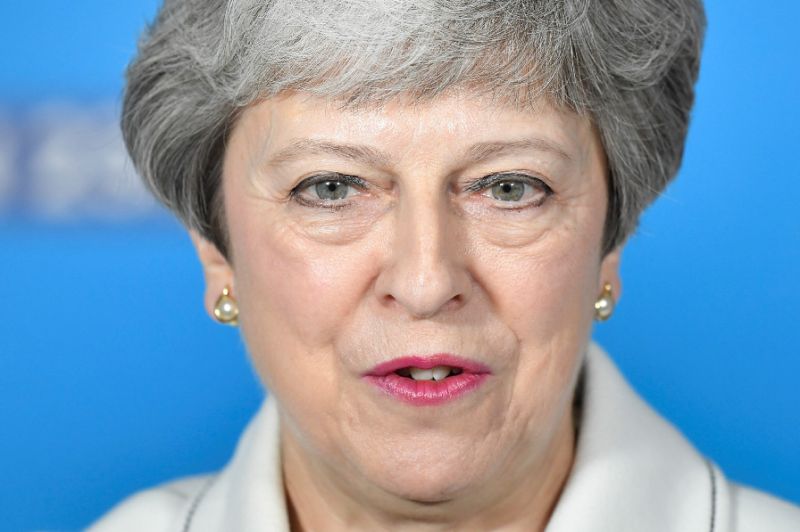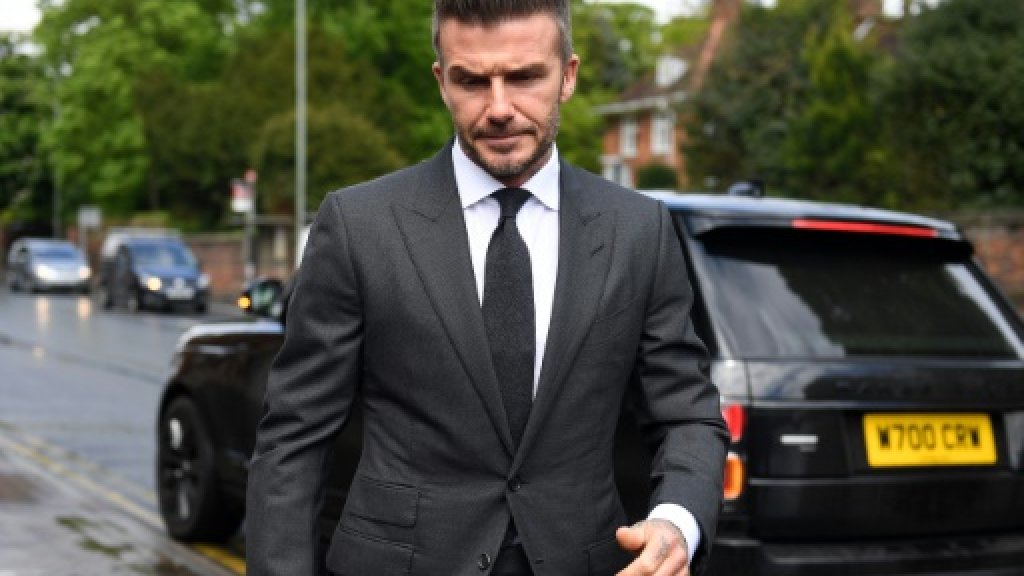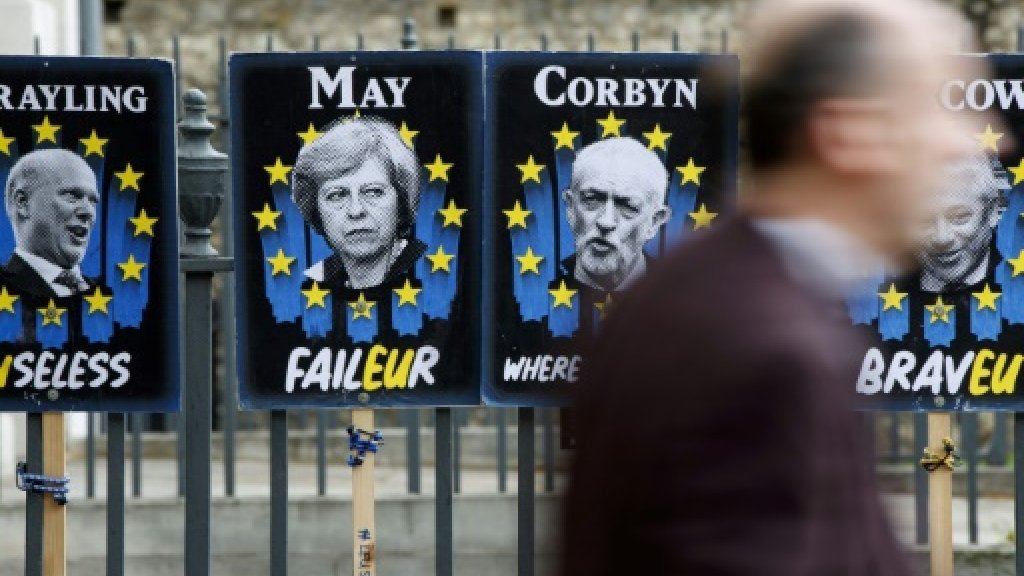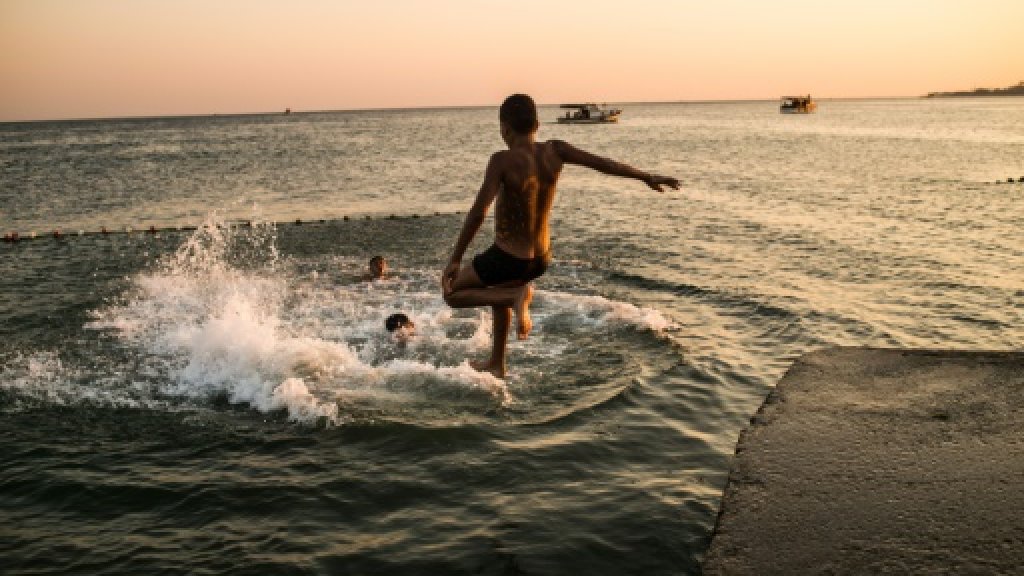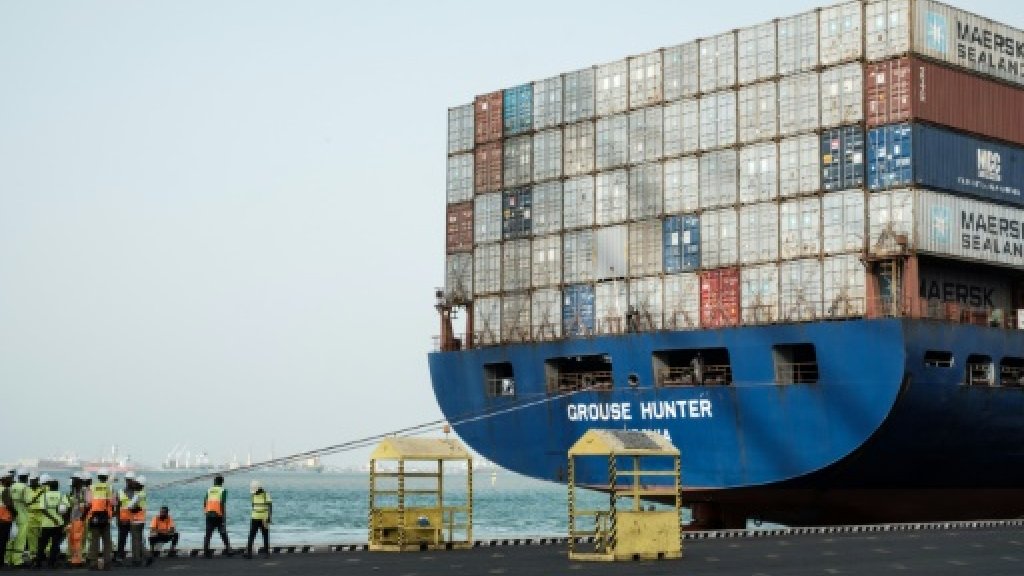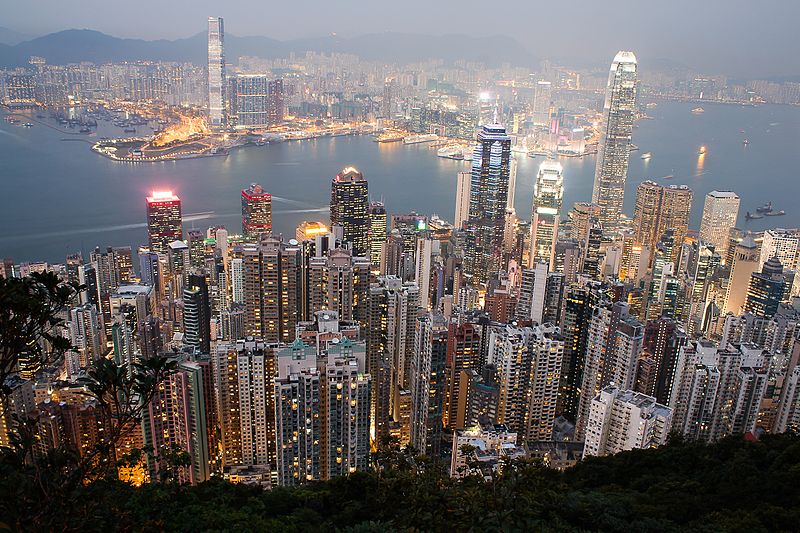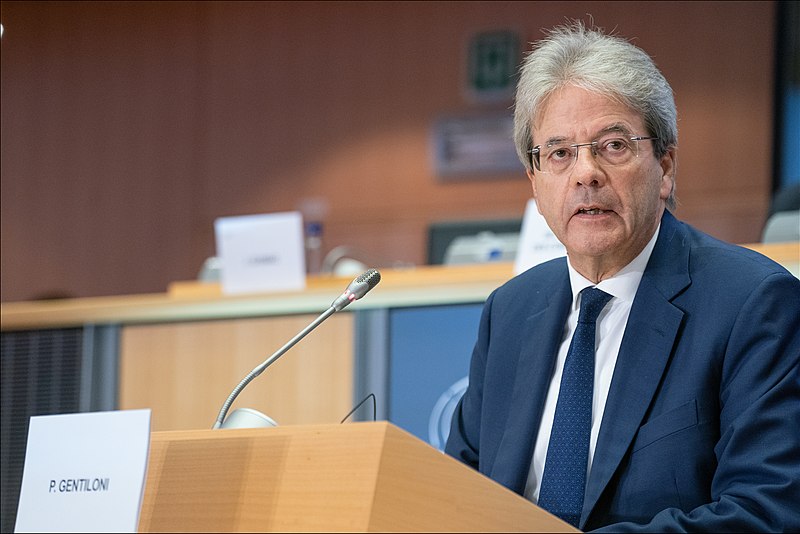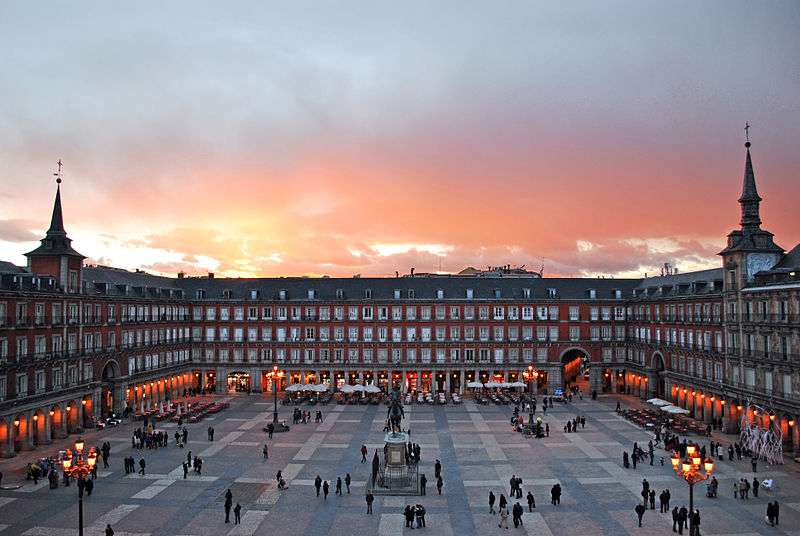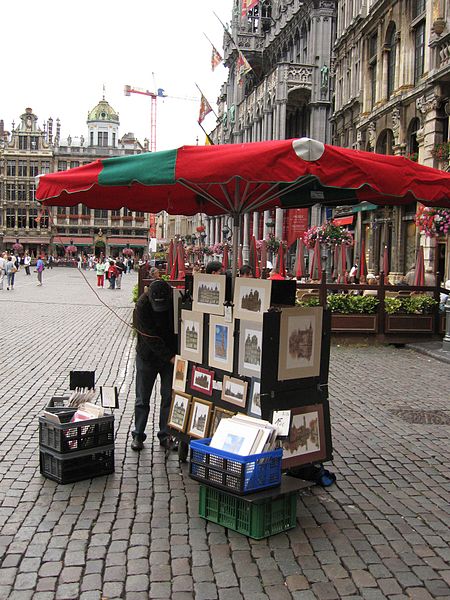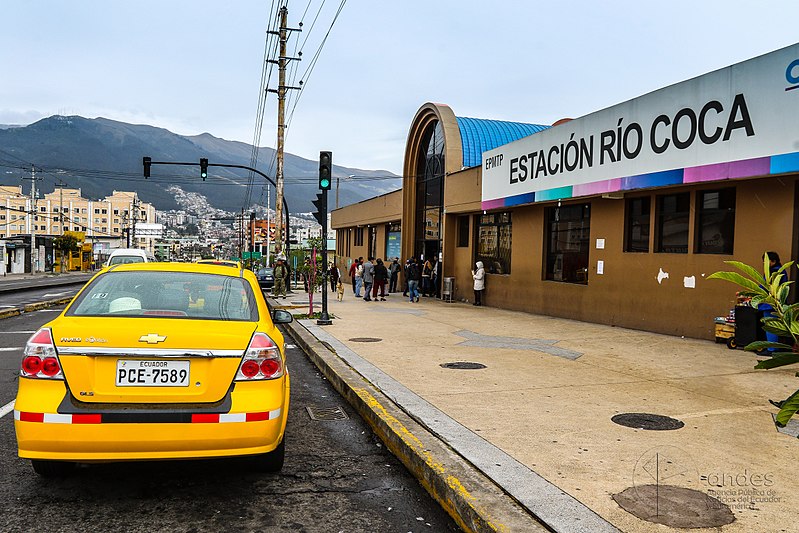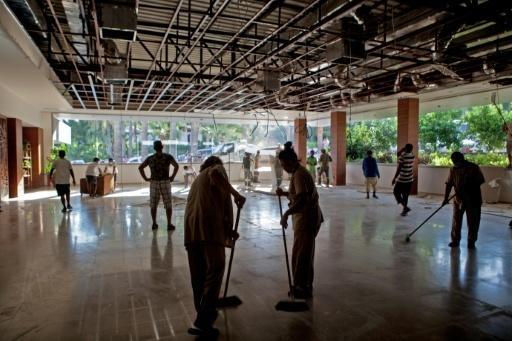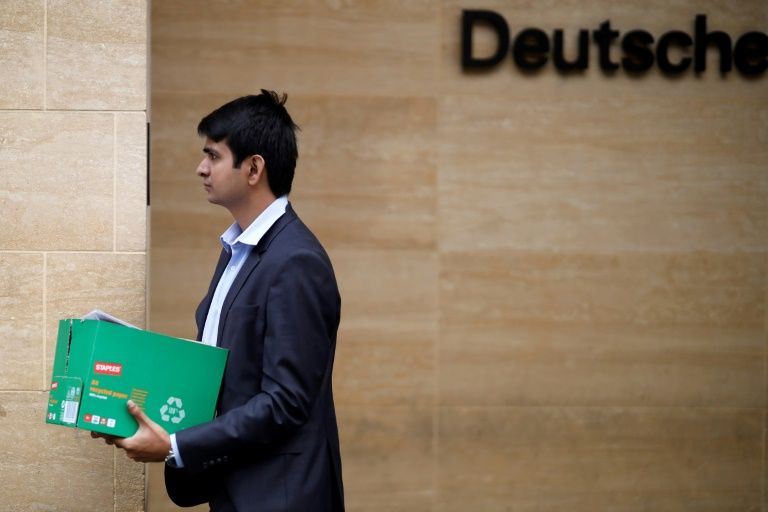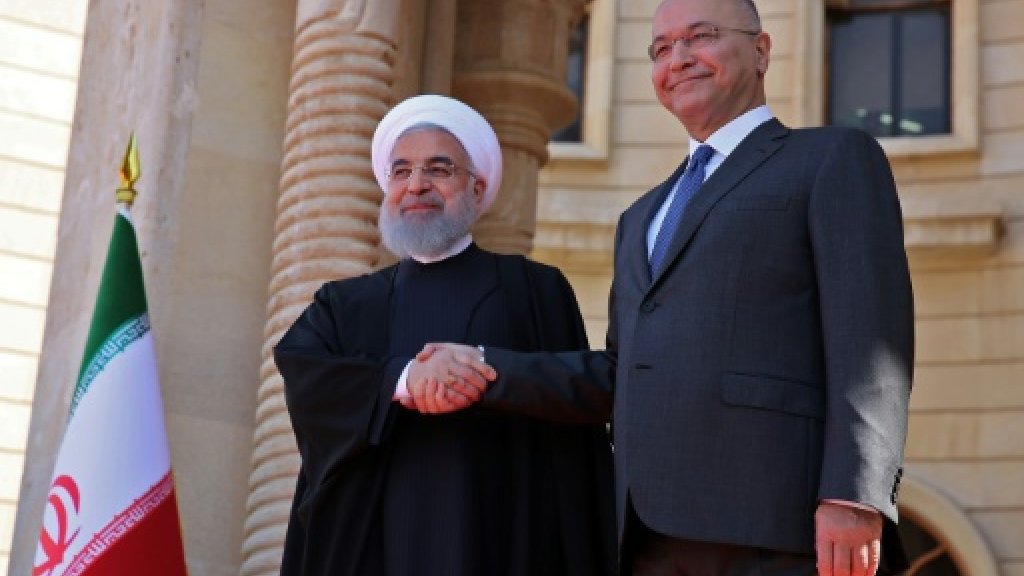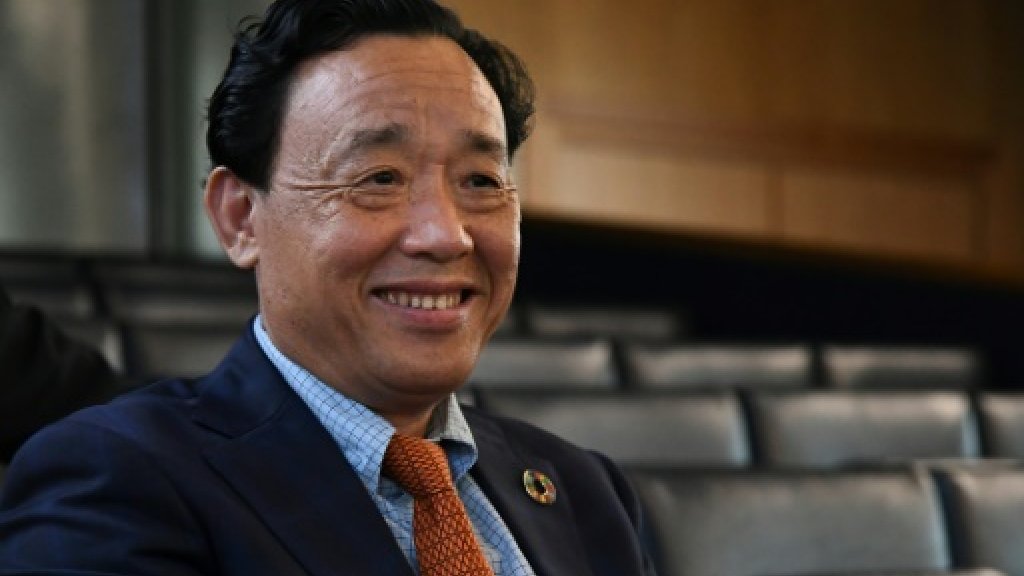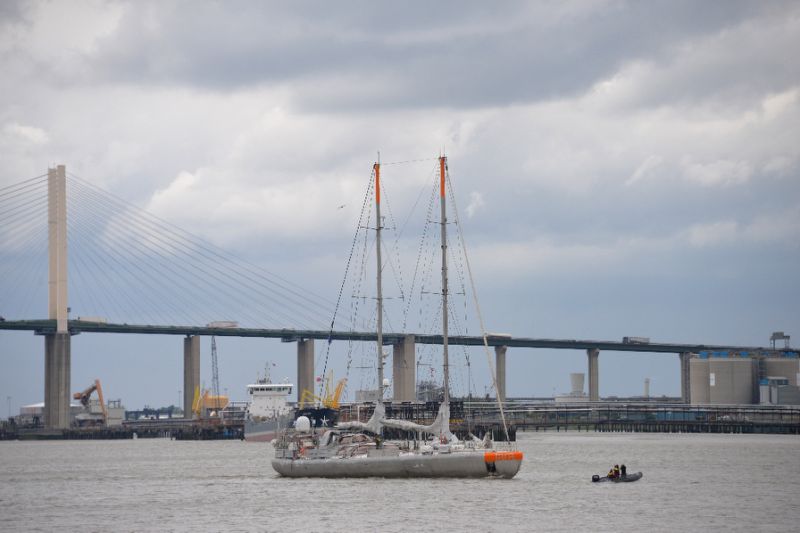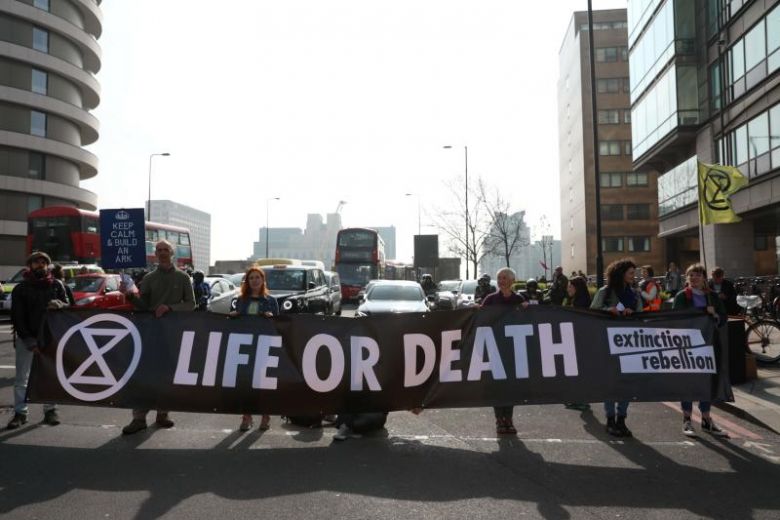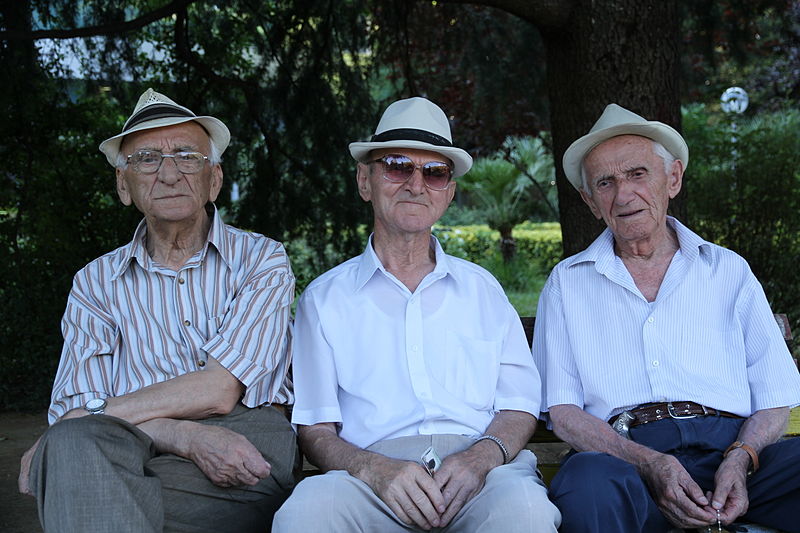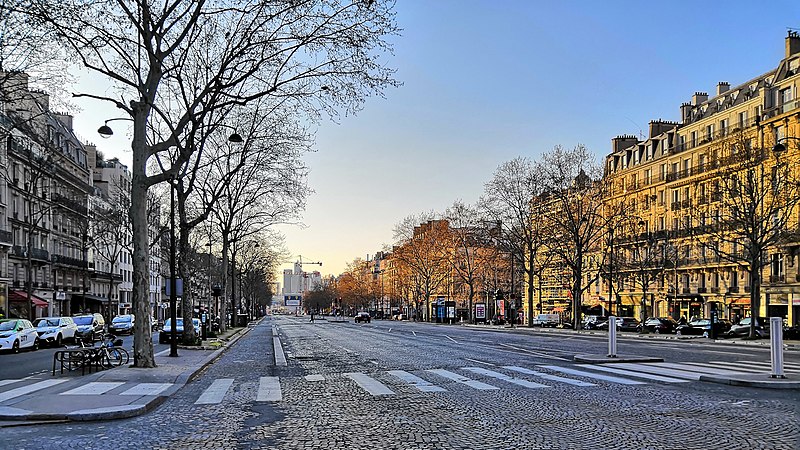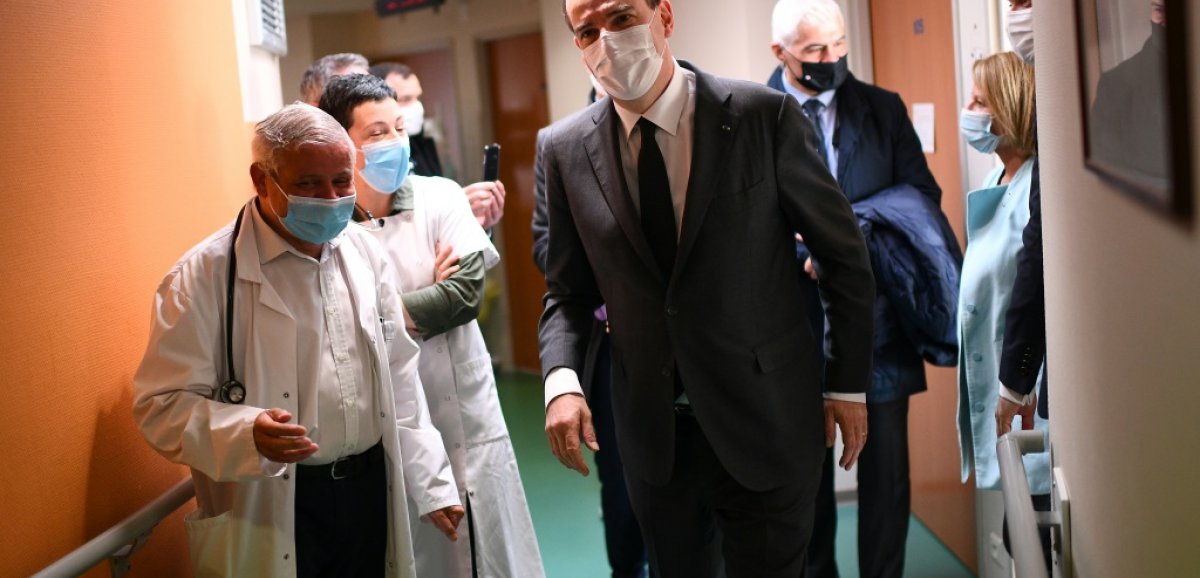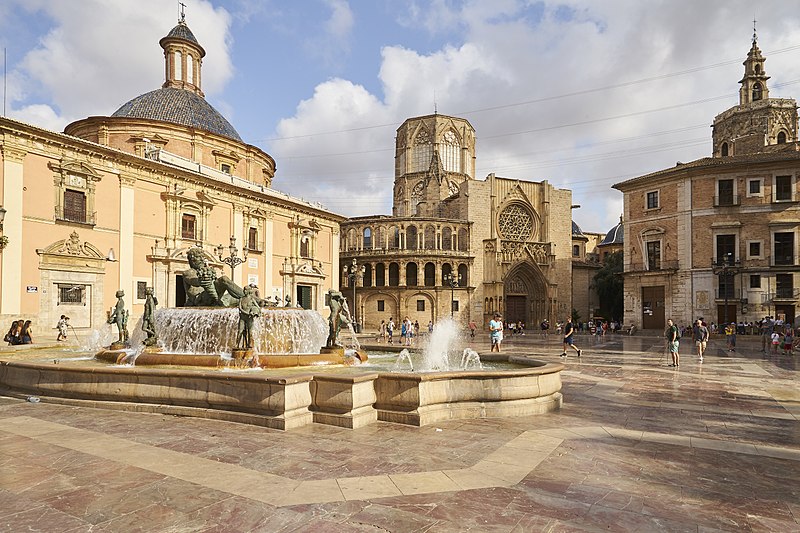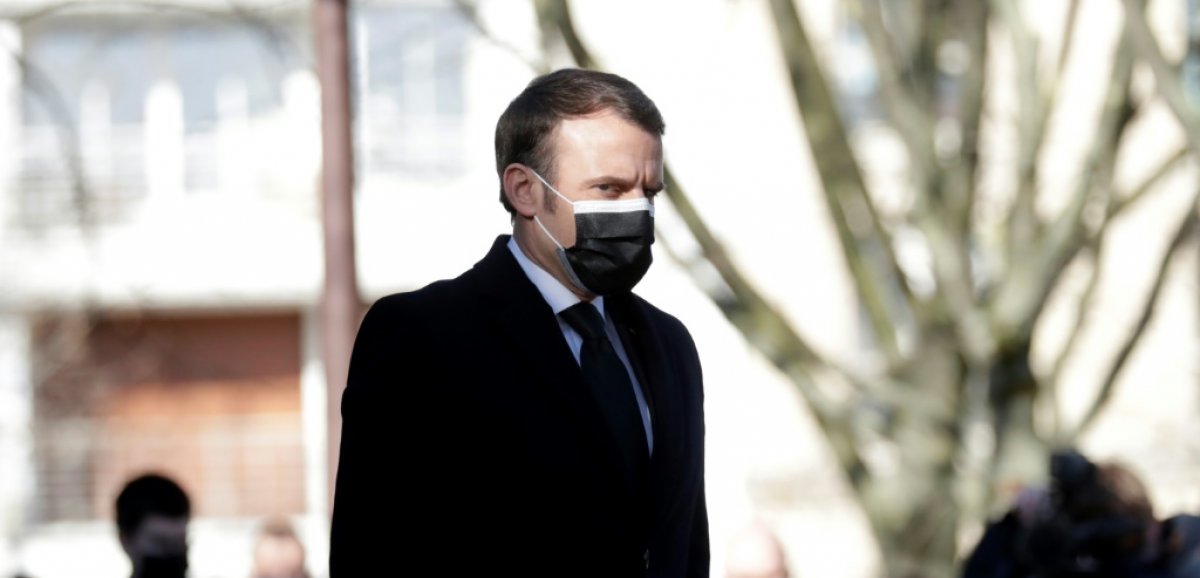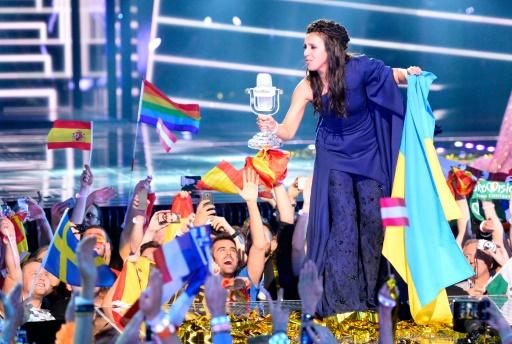
Jubilant Ukrainians erupted in celebration Sunday after Jamala won the Eurovision Song Contest with a powerful tribute to her Tatar people's deportation from Russian-annexed Crimea in 1944.
"Yes!!!" Ukrainian President Petro Poroshenko tweeted. "An unbelievable performance and victory! All of Ukraine gives you its heartfelt thanks, Jamala."
"Glory to Ukraine!" Prime Minister Volodymyr Groysman added.
And Kiev Mayor Vitali Klitschko -- a former boxer who strongly backs Ukraine's new shift toward the West -- said he never doubted Jamala's victory because she was "genuine".
The 32-year-old winner is a member of the Muslim Tatar minority of Crimea who saw her great-grandmother deported along with 240,000 others by Stalin in the penultimate year of World War II.
Many of those died on the tortuous voyage to Central Asia and other distant lands.
Jamala's poignant song opens with the harrowing line: "When strangers are coming, they come to your house, they kill you all and say, 'we?re not guilty, not guilty'."
The memories of that wartime horror have been revived by Russia's seizure of Crimea several weeks after a pro-EU revolt ousted Ukraine's Moscow-backed president in February 2014.
Russia had earlier protested Ukraine's entry in the contest because of its "political" subtext -- a violation of Eurovision rules.
But judges decided that Jamala's song was "historical" in nature and allowed "1944" to compete.
One of the 2014 revolution's leaders wrote that it would be fitting for Ukraine -- which will host the event next year thanks to Jamala's win -- to stage the contest in Crimea itself.
"Justice would be served if the next Eurovision is held in Jamala's historical homeland -- Ukraine's Crimea," Mustafa Nayyem tweeted.
- Jumping for joy -
Yet the political tensions between Kiev and Moscow that preceded the contest did not reflect on the voting itself.
Ukrainians chose Russia's entry as their favourite since no country can vote for itself.
And Russia came close to returning the favour by ranking Ukraine second behind its close ally Armenia.
Fans watching the globally televised competition -- famed for its kitsch and glamour as well as fair share of laughs -- in a Crimean Tatar restaurant in Kiev were jumping for joy the moment the winner was announced.
"This song about our tragedy was sung globally and I hope that people heard it," a young man called Emine said above the cheers.
"We would very much like for the next Eurovision to be held in Crimea -- all the Crimean Tatars are expecting this and it would be right to have it in Ukrainian Crimea," a fan named Anife added.
The mood among some Crimean Tatars was even more politically charged.
A businessman who last year helped organise blockades of traffic between mainland Ukraine and Crimea as a sign of protest over the annexation said Jamala's victory spelled a personal defeat to Russian President Vladimir Putin.
"This is our first, thumping victory over Putin's Russia," Lenur Islyamov wrote on Facebook.
"Crimean Tatars are not only (Ukraine's) key to Crimea, but also to Europe itself."
The leader of Crimea's Mejlis -- a Tatar ruling body that was banned by Russia last month -- also celebrated Jamala's success as a sign of a brighter future for his people.
"I would like to thank the many tens of thousands who supported Jamala in temporarily Russian-occupied Crimea," Refat Chubarov wrote on Facebook.
"God willing, one wonderful day, we will all gather in a Crimea that is free of Russian invaders."
Jamala herself told AFP before the event that she had not visited the peninsula in two years because she was "in the risk zone" for supporting Ukraine. AFP



